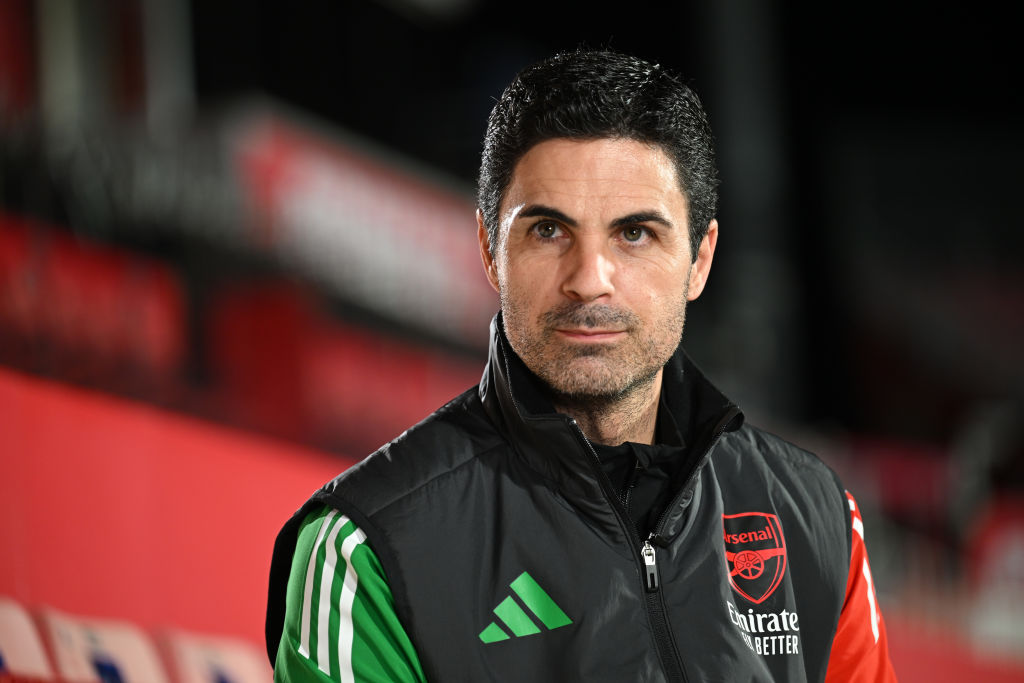In defence: Why snobbish sneering of the Premier League's deficiencies is misplaced
It's become fashionable to bash England's top flight, writes Seb Stafford-Bloor, but there's nothing unusual about favouring your own country's domestic competition
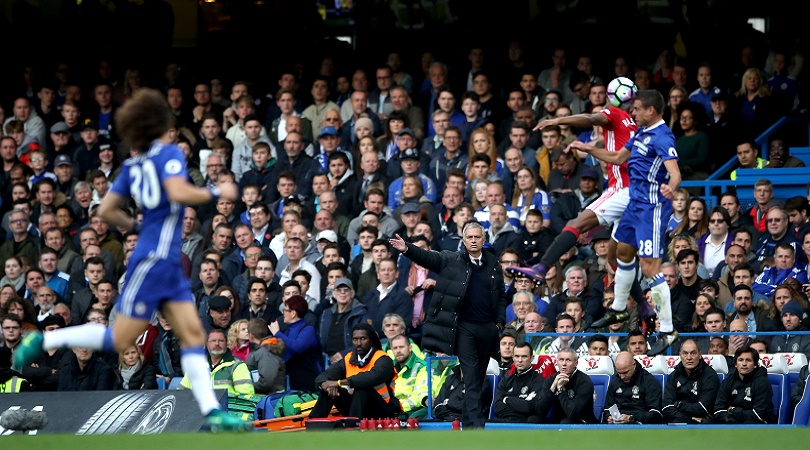
"I hear a lot of times about the intensity in the Premier League when none of you have been in La Liga or the Bundesliga to know how intense it is."
How social media squealed with delight when Pep Guardiola said the above, in response to a question about the physical demands of British football.
Here was a Johan Cruyff disciple, in the holy church of the Premier League, tearing down its sacred idols. The English game had been piously carving its own statues for decades and lovingly inscribing them with odes to rugged centre-forwards and no-nonsense centre-halves. It's different, they keep telling us, special even – football in this part of the world is unique.
Premier League is nowhere near the level of the #Bundesliga and #LaLiga. Guardiola is perfectly precise on the intensity levels. pic.twitter.com/ILxIUuEOQA
— Nas (@NumberNineNas) October 17, 2016
So, go on Pep, blow their house down and put that little Englander in his place. Well, the journalist in question was plainly Irish, but who's counting? What's the Spanish for "they're all the same anyway"?
Worldwide insularity
Get FourFourTwo Newsletter
The best features, fun and footballing quizzes, straight to your inbox every week.
Just as in the school playground, where every boy or girl thought their father was the meanest, toughest and best, there are devout football watchers all over Europe and South America who believe in their league's primacy
This little melodrama was representative of a growing trend: the world has had enough of the Premier League's self-proclaimed might and gaudy rhetoric, and this is the retaliation. Its supporters have supposedly been lobotomised by a million clichés and are trapped within this self-regarding island, celebrating the false might of a contextually inferior competition.
First, the inconvenient truth: yes, that community does exist. There are fans, ex-players and journalists who have been left dazed and confused by the Premier League's blinding lights. When a commentator tells them that only their league "could write scripts like this", they likely nod along and – instead of celebrating the wide world of football and all the players within it – they hold anything which doesn't appear on Match of the Day in suspicious contempt.
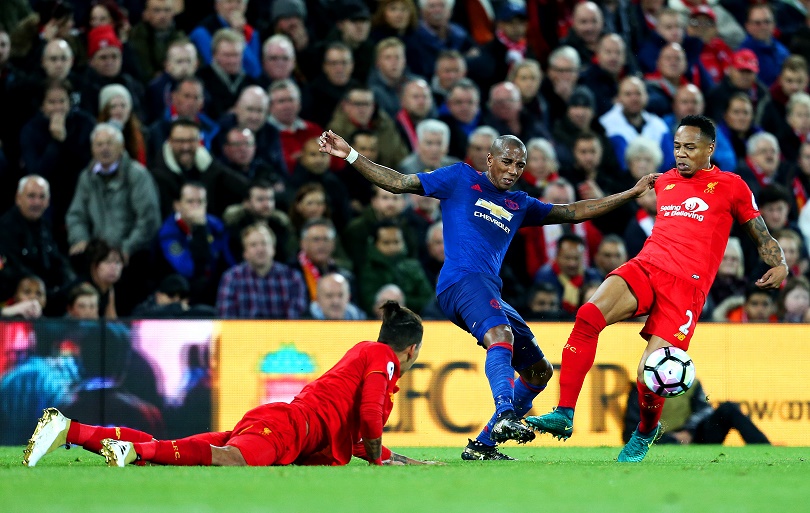
Just this week, for instance, former Arsenal forward Ian Wright did a marvellous job of watering Zlatan Ibrahimovic's career down: Italy and France are supposedly primitive territories and Ibrahimovic, Paul Bunyan character that he is, had been flattening wooden villages for fun before he arrived in our iron metropolis. The majority may laugh at the cold-night-in-Stoke maxim, but for some it remains a genuine litmus test and it would be disingenuous to pretend otherwise.
It's tempting, however, to believe that these people have equivalents all over the world. In any country which is home to a popular league, the conditions exist for similar insularity. Just as in the school playground, where every boy or girl thought their father was the meanest, toughest and best, there are devout football watchers all over Europe and South America who believe in their league's primacy.
Somewhere, there is an Italian Ian Wright, a Spanish Jamie Redknapp and a German Robbie Savage; they're not necessarily fools, they just have the good fortune to exist in a country in which all other football can – if the individual is suitably narrow-minded – feel entirely redundant. That applies as equally to some supporters, of course, who are sometimes guilty of seeing the sporting world – or even the actual one – through the prism of their own side. They exist and they're easy to mock, but they aren't an exclusively British phenomenon.
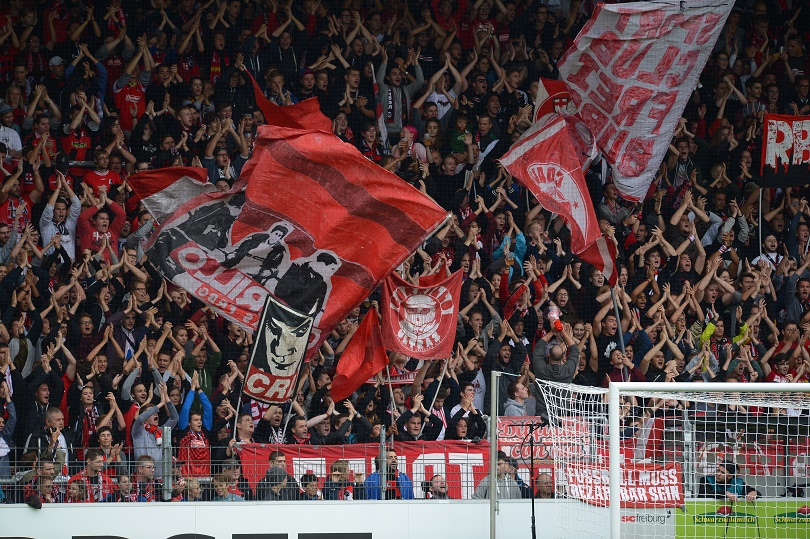
Global game
On any given weekend and in every part of the world, fans are battling time difference and broadcasting confusion to watch their favourite sides
So, unfashionable though it may be, standing between the Premier League and fruit-throwing mob feels right. At an executive and corporate level, many of its practices are vulgar and it's entirely reasonable to take issue with its respective nation-building and cash-guzzling initiatives.
But to paint everyone with the same brush? To insinuate that those who attend English top-flight games or who watch them at home are slaves to Gloucester Place's manufactured brand values? That's a straw-man argument and it always has been.
The game is changing and, in some cases, for the better. While international supporters existed long before Twitter and Facebook, social media has helped to show just how broad the football landscape has become. On any given weekend and in every part of the world, fans are battling time difference and broadcasting confusion to watch their favourite sides.
It's the way it should be; football fandom isn't a rational choice and the heart wants what the heart wants. Interestingly, though, following a British side seems now to be presented as a type of ailment – a naivety, even.
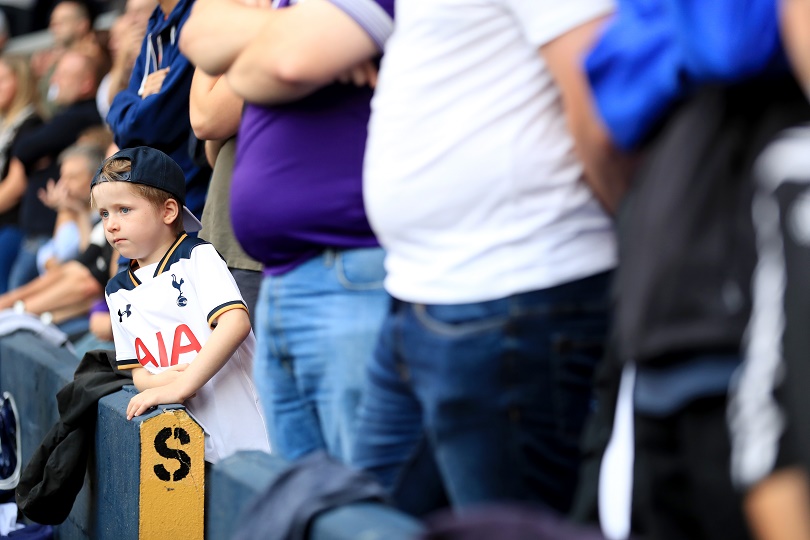
It's as if, rather than growing an affection for Manchester United, Chelsea or whomever, those who buy tickets or tune in are perceived to have been seduced by hype – the global audience has tiered itself into a hierarchy: those who love the game for its purest values (Messi, Lahm, Ronaldo, Bonucci), and those charlatans drawn to England by the promise of cheap entertainment.
Emotional investment
Pressed on how their relationship with their team grew most, presumably, would shrug and tell you that it just… sort of… happened
"You watch the Premier League? But have you seen the standard of defending? You poor thing, If only you could watch Andres Iniesta carry the ball just once..."
It's all rather patronising – and actually based on the false presumption of choice within the fan/club dynamic. Domestic supporters are typically drawn to clubs by their history, locality and formative footballing experiences.
Pressed on why they trawl up and down the country every other weekend, most couldn't provide a satisfactory answer. It's just what they've always done. Similarly, even displaced fans and those who watch from thousands of miles away didn't manufacture their affection from a mathematical formula or through some other emotionless evaluation.
Pressed on how their relationship with their team grew most, presumably, would shrug and tell you that it just… sort of… happened. It's less like buying a car, more like falling in love.
Iniesta's not bad, to be fair...
Teams over leagues
The point, ultimately, is that people are drawn to teams rather than leagues. When English fans travel to away games, or even journey to their own team's home ground, rarely do they engage in any kind of debate about the Premier League's respective merits in relation to mainland Europe.
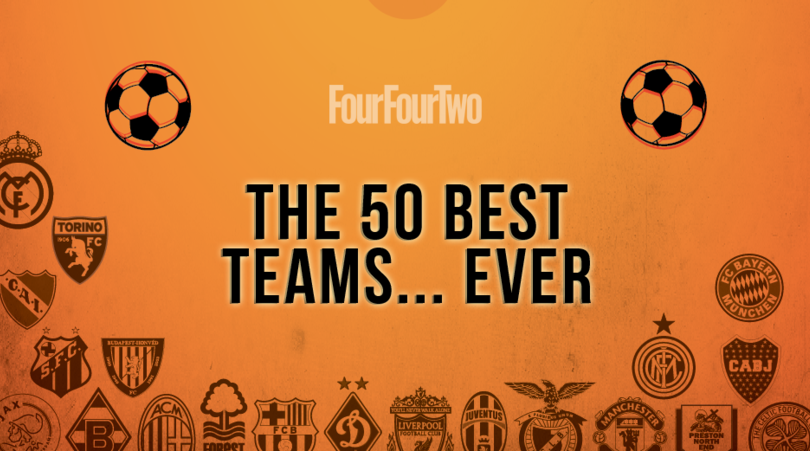
FourFourTwo’s 50 Best Football Teams Ever: 50-41
England’s elite demonstrating true value of collectivism over stars – all except Mourinho
Losing the dressing room: empty cliché or a real-life phenomenon?
That may sound obvious, but it now seems important to make that distinction: in the minds of some, British people gather on street corners and stadium concourses to congratulate each other on attending games in the greatest and bestest league in all the world. But – honestly – there is no chanting about Premier League superiority, t-shirts adorned with Richard Scudamore's face are not sold by street vendors, and at no point during a game will a stranger turn to you, grab your shoulder, and whisper: "Isn't this just the best league in the world?"
Does this need to be said? Apparently so. Some criticism is entirely valid, but the evangelism is being misdirected and the burgeoning snobbery aimed at English football is targeted at a semi-constructed villain. The majority are perfectly aware of the league's faults and its relative deficiencies and, in many cases, are as resentful of the branding bombast as the sneering onlookers.
Seb Stafford-Bloor is a football writer at Tifo Football and member of the Football Writers' Association. He was formerly a regularly columnist for the FourFourTwo website, covering all aspects of the game, including tactical analysis, reaction pieces, longer-term trends and critiquing the increasingly shady business of football's financial side and authorities' decision-making.
